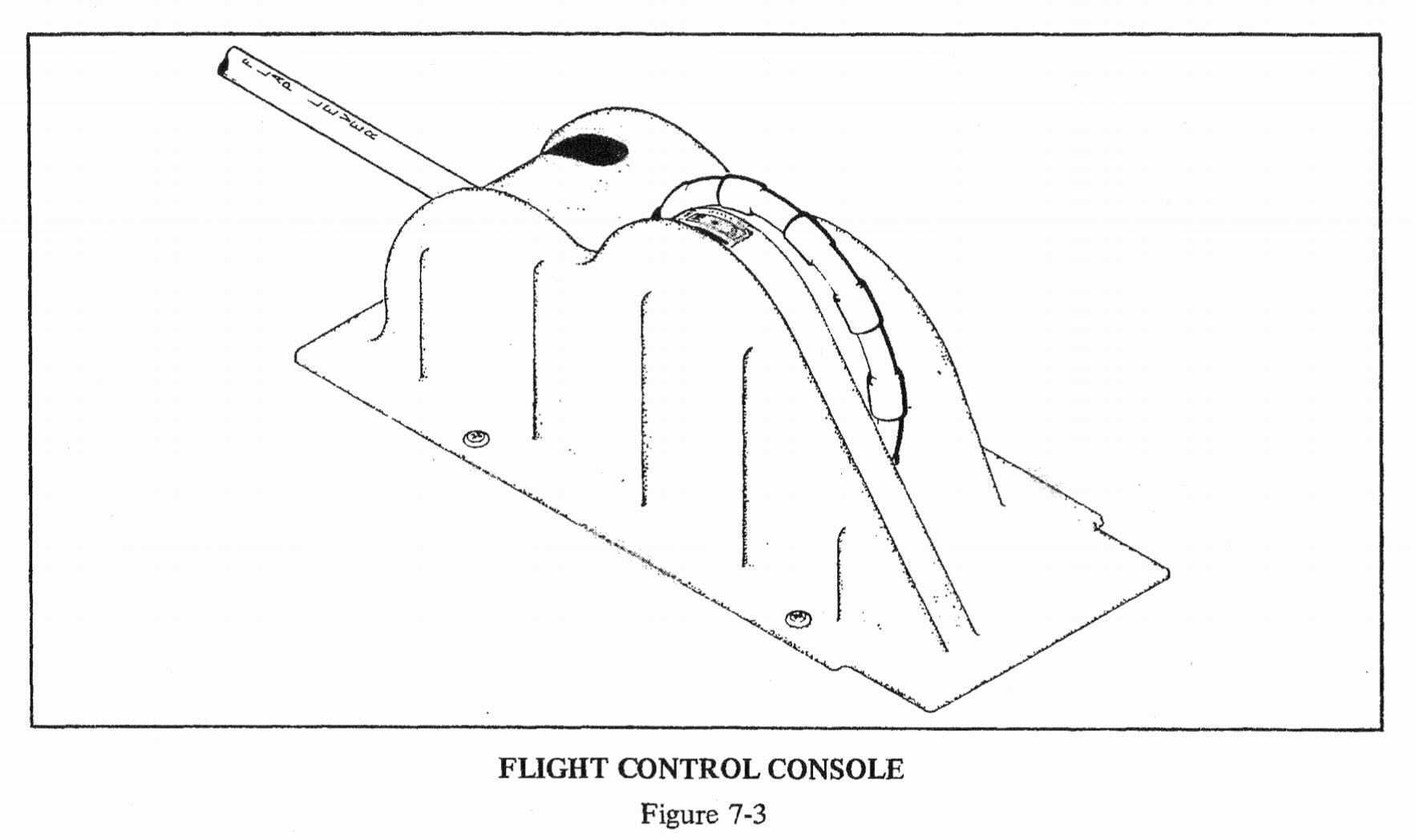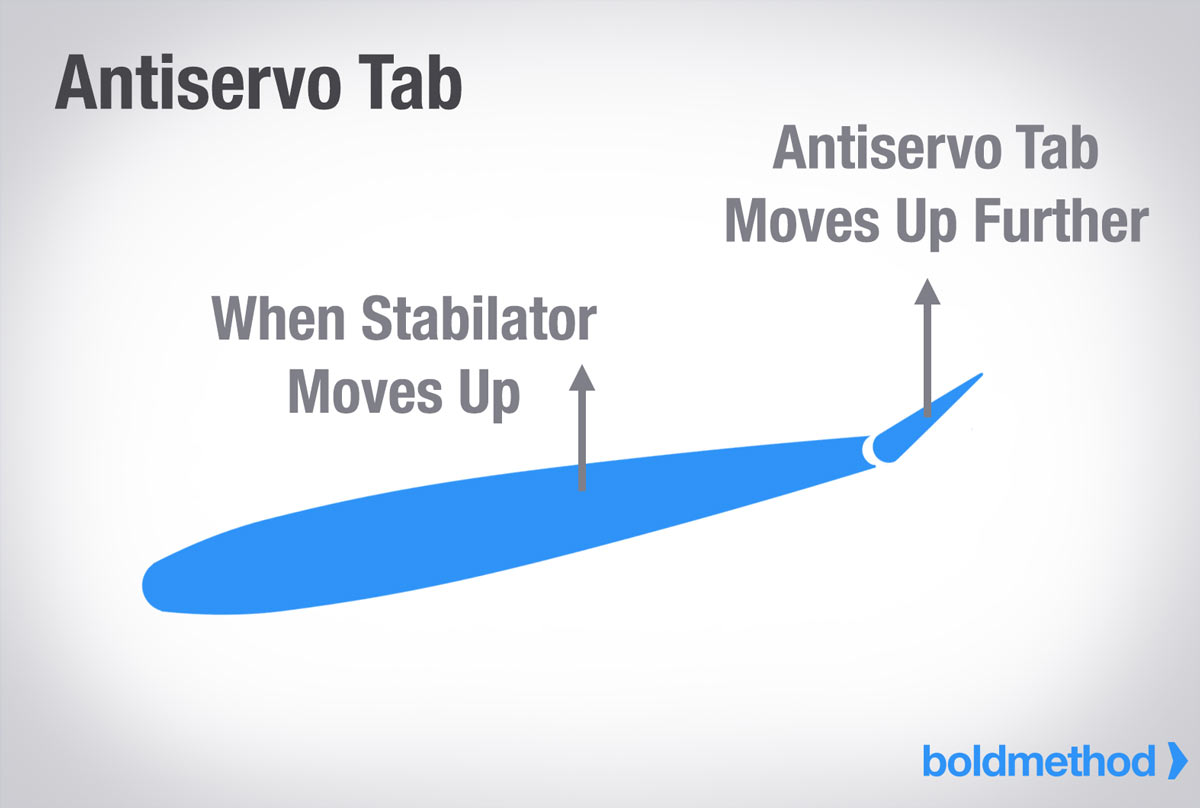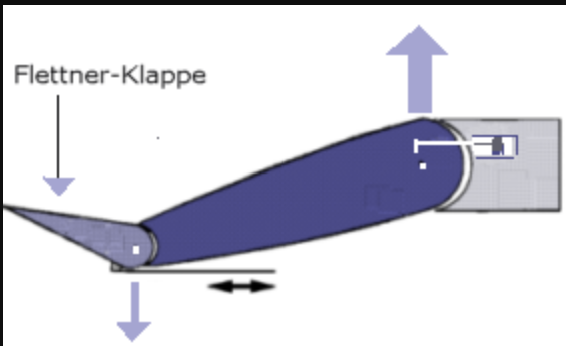Task III.C Operation of Systems - Sub-Section 1:: Trim
Lesson Overview
- Objective
-
To teach a student about the purpose, benefit, and how to use the trim for a PA-28-151 aircraft.
- Reference
-
-
(PHAK) FAA-H-8083_25B
-
(AFH) FAA-H-8083-3B
-
PA-28-151 POH
-
- Elements
-
-
Trim System • Types of Trim • Trim for the PA-28-151 • How to Trim • Why You Trim
-
- Equipment
-
-
White board
-
Markers
-
References
-
PA-28-151
-
- Schedule
-
-
Discuss objectives
-
Review material
-
Development
-
Conclusion
-
- Instructor Actions
-
-
Discuss Lesson Objectives
-
Present Lecture
-
Ask and Answer Questions
-
Take Students to PA-28-151
-
Ask and Answer Questions Again
-
Assign Homework
-
- Student Actions
-
-
Participate in discussion
-
Take notes
-
Ask and Respond to Questions
-
- Completion Standards
-
The student should have an understanding of how the trim system on the PA-28-151 works and why he/she should use it.
Instructor Notes
- Attention
-
Flying for an hour without trim is not too bad, but when you fly that first three to four-hour cross country you will be exhausted unless you use trim.
- What
-
What is Trim?
- Why
-
Why would a pilot need trim?
Lesson Details
What is trim? (reference FAA-H-8083-25B page 6-10)
-
Trim systems are used to relieve the pilot of the need to maintain constant pressure on the flight controls.
-
Trim is designed to aerodynamically assist movement and position of a flight control surface.
What are the different types of trim?
-
Trim tabs
-
Balance tabs
-
Servo tabs
-
Anti-servo tabs
-
Ground adjustable tabs
What type of trim does the PA-28-151 use?

Anti-servo tabs — move in the same direction as the trailing edge of the stabilator.
 Anti Servo
Anti Servo
Servo-Tabs can be found on some aircraft designs. (As shown below)
 Servo Tab
Servo Tab
Conclusion
The PA-28-151 has an anti-servo trim for the purpose of relieving the pilot of much needed strength, especially on long flights. Once you master the understanding and use of the trim system it will greatly assist in your ability to pilot the plane for longer periods of time.
ACS Requirements
To determine that the applicant exhibits instructional knowledge of the elements of principles of flight by describing:
-
Primary and secondary flight controls
-
Trim
-
Powerplant and propeller
-
Landing gear
-
Fuel, oil, and hydraulic
-
Electrical
-
Avionics including autopilot
-
Pitot static, vacuum/pressure and associated instruments
-
Environmental